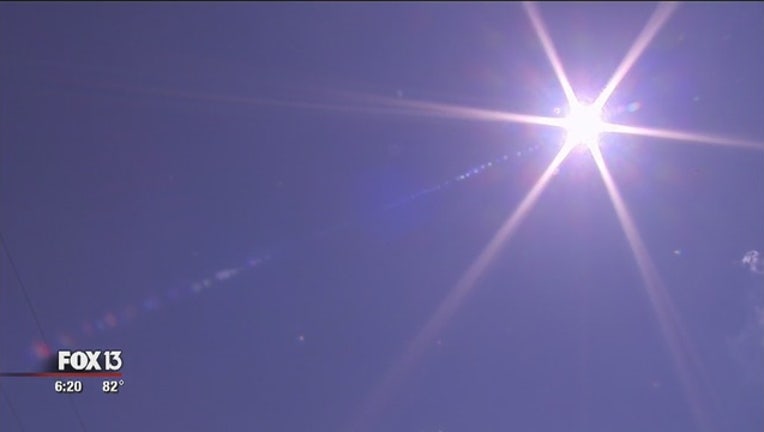Utilities continue pouring money into solar amendment

TALLAHASSEE (NSF) - Four major electric utilities have surpassed the $20 million mark in combined contributions to support a proposed constitutional amendment on solar energy.
Florida Power & Light and Duke Energy last week dropped nearly $3 million into the "Consumers for Smart Solar" initiative --- Amendment 1 on the ballot --- that has been opposed by most major environmental groups in the state.
The latest money came as ads from Consumers for Smart Solar proclaim that Amendment 1 is "solar done right." But backers of the initiative also have been grappling with a controversy stemming from the release of a tape in which a policy director for a Tallahassee-based think tank claimed to outline the utility industry's efforts to deceive voters.
The latest contributions, $2 million on Oct. 24 from FPL and $999,998 last Tuesday from Duke, brought to nearly $20.2 million the amount the state's four largest private utilities have spent on the amendment.
FPL has directed $8.055 million to the amendment. Duke Energy is at $6.7 million. Tampa Electric Co. has provided $3.2 million, and Pensacola-based Gulf Power is at $2.2 million.
Overall the Tallahassee-based Consumers for Smart Solar has received $25.78 million, of which $21.1 million has been spent. The group also has received $341,100 in-kind contributions.
By comparison, the state's most expensive constitutional amendment campaign, the 2004 trial lawyer-backed Floridians for Patient Protection effort that pushed ballot initiatives opposed by the Florida Medical Association, spent $28.65 million.
Sarah Bascom, a spokeswoman for Consumers for Smart Solar, pointed to high advertising costs during this year's elections.
“Due to the presidential election, Florida has remained a battleground state throughout the 2016 election cycle, making media costs more than we originally anticipated,” Bascom said in a statement on Monday.
FPL President Eric Silagy has said the Juno Beach-based company is backing the solar-energy amendment to guarantee consumer protections that now could be usurped by local and state government rule changes.
"I know it's a popular story line to say this is just the utilities that are trying to protect a monopoly, but we don't have a monopoly on rooftop solar, ground-mounted solar or anything else," Silagy said when asked about the amendment earlier this month during a Florida Chamber of Commerce event in Orlando.
A company spokesman on Monday referred to prior comments in an editorial by Silagy.
The Consumers for Smart Solar amendment would enshrine in the Florida Constitution existing rules regarding the use of solar energy by private property owners. The proposal also includes a more-contentious provision, which states that people who haven't installed solar on their property "are not required to subsidize the costs of backup power and electric grid access to those who do."
Proponents say the second provision provides consumer protections for people who don't install solar panels. Opponents, such as the Southern Alliance for Clean Energy, say it could result in "discriminatory charges" against rooftop solar users and limit the desire of people to go solar.
Critics of the amendment upped their efforts this month after the Miami Herald reported on an audio tape in which James Madison Institute Vice President of Policy Sal Nuzzo described how to use a "little bit of political jiu-jitsu" by promoting solar to win support for desired changes in policy.
Nuzzo's comments came while speaking Oct. 2 at the "Energy/Environment Leadership Summit" in Nashville, Tenn.
"It should now be clear to all that Amendment 1 is a manipulatively designed tool for the utility industry to continue to dominate the energy market in Florida," Tory Perfetti, chairman of Floridians for Solar Choice, an opposition group, said in a release Monday. "There is no other reason to dedicate roughly $25 million in an attempt to pass this anti-consumer, anti-solar, anti-free market amendment."
The James Madison Institute asserted that Nuzzo misspoke. Consumers for Smart Solar said the James Madison Institute wasn't involved in planning or drafting the proposal.

